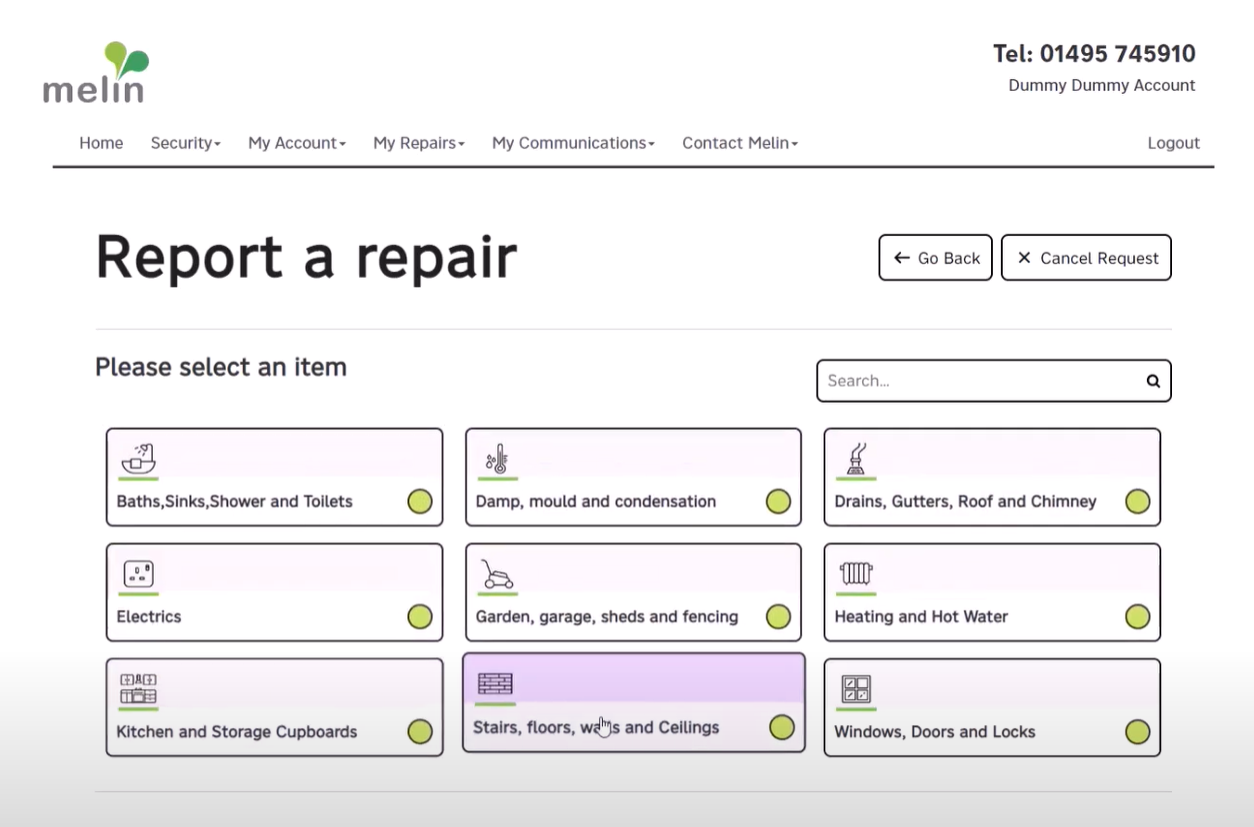
9 March, 2021
Top 5 tips on being more productive & 15 intelligent scripting tips!
The way we all work has probably changed forever.
That’s a scary thought and not easy to accept.
I’ve spent the last 20 years working in an office environment with certain rules and routines.
Covid-19 changed all that!
Working from home has been a huge adjustment but one I have adapted to.
Being “busy” is not always “productive”
I use to think that unless I was flat out every minute of the day, I was not busy.
Maybe you have felt that way?
Pre Covid-19 I spent a lot of time travelling. Time on the road meant time lost in the office, replying to emails and doing actual work. As a result, I would spend hours trying to catch up.
Post pandemic, the travelling stopped and I have more time at my screen.
New rules – new routine
Home working certainly has its advantages and dis-advantages. My instinct was to stay rooted to my desk. I had to prove I was “busy”. Having adjusted my state of mind I use techniques to be more productive whilst including regular breaks for stretching and reducing screen burn.
Below are some tips that have helped me manage my workload and create my own rules and routine.
1. Most Important tasks (MIT)
How often do you spend your day firefighting or getting into long email conversations about non-urgent topics? Everyday probably!
Being able to prioritise your work will result in you being more productive at work.
At the beginning of every day review your diary, work schedule and task list. Pick 2 or 3 tasks that are important to you achieving your medium to long term goals. These must be separate to your regular tasks.
By focusing on your MIT’s, you’ll maintain momentum to achieving your larger goals.
2. Eisenhower prioritisation
The Eisenhower prioritisation or matrix is a method of prioritising your tasks into four different categories. I prefer the four D’s.
- Important / Urgent = Do
- Important / Non urgent = Decide
- Not important / Urgent = Delegate
- Not important / No urgent – Delete
With a bit of organisation, you should end up with more items in section 2, allowing you to work on those long-term goals we discussed earlier. Many people might initially struggle with putting tasks into the ‘delegate’ and ‘delete’, so I suggest putting them into section 2 until you have honed your skills.
3. Pomodoro
Pomodoro may sound like a great Italian pasta dish! but it’s actually a great way to maintain focus on important tasks. The principal idea is to use short bursts of focused energy with small breaks and no distractions.
Using this technique will teach you to focus in a way you never did previously!
You set a timer for 25 minutes, then take a break for 3 or 4 minutes and repeat.
To find out more read this article
Use this in conjunction with your MIT’s and you’ll be impressing your boss in no time.
4. The Two-minute rule
We all love a good to do list but challenge yourself to think outside the box.
This one is simple.
When you receive a new task, assess whether it will take less than 2 minutes. If yes, then just do it without adding to your to do list.
5. Distraction list
How many times have you laid in bed thinking about work or something you have to do the next day?
We all have!
The distraction list is a way of getting these thoughts out of your brain so you can focus on your current MIT’s. Simply write down any distractions and come back to them at a later date.
Being more productive with Keyfax
Did you know that Keyfax Diagnostic software can increase productivity for your team and customers?
At Omfax you may hear us talk about “intelligent scripting”. But what is this and how can it help you take your scripts to the next level?
Intelligent scripting is using the information stored on your Housing Management System in your scripts, to make it a better experience for the user.
Intelligent scripting can be used to:
- display contextual and dynamic information
- shorten a process by auto answering questions
- enrich information recorded or passed to a colleague or contractor
- detect data anomalies and more
Below are just a few examples of how intelligent scripting can be used to improve your scripts:
- display whether a property is within a defect period
- present warning messages for upcoming or overdue gas servicing
- write back the duration a user spent in the script, highlighting potential script improvements
- auto assign tasks and emails to colleagues
- write back CRM classifications and call types (host specific)
- display duplicate repairs reported within any given timeframe
- list most recent repairs reported
- detect words entered into a script and present suitable alternative scripts
- record repairs submitted within a given timeframe
- carry out additional security checks for income related enquiries
- detect if a component is under warranty
- prompt the user to update missing profile information
- look up major component replacement dates such as kitchen, bathroom, windows and heating
- detect the tenure type such as Home Ownership, Rented, Supported, Retirement Living and display appropriate messaging
- detect caller relationship to increase security around income related enquiries
If you would like to know more about intelligent scripting using data-box data-dip technology, please contact your Customer Services consultant.






